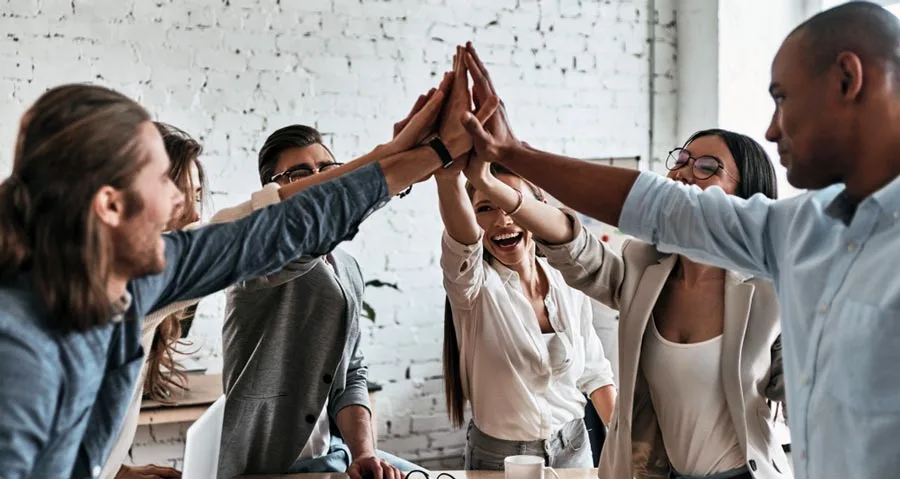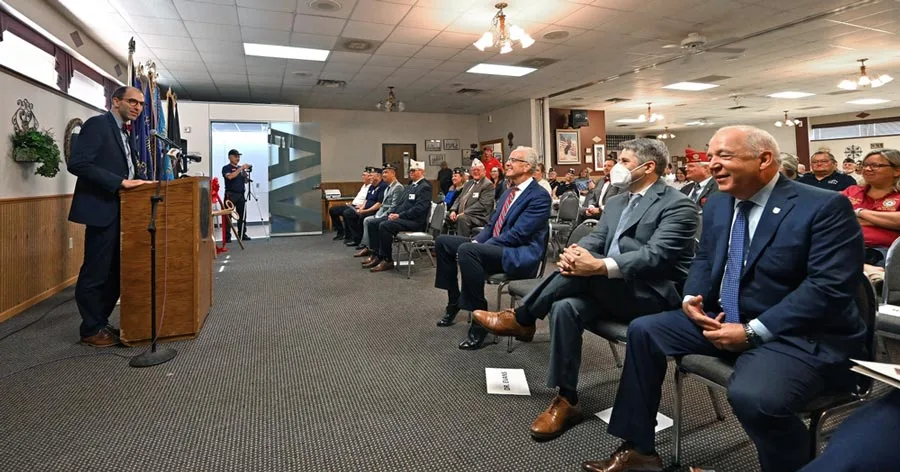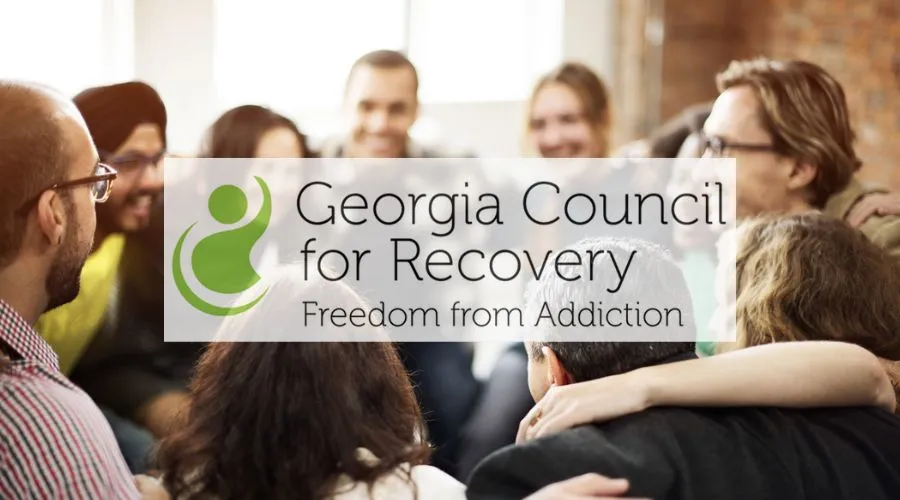Get Details and Insights on the Georgia Council for Recovery
The Georgia Council on Substance Abuse (also known as the GA Council for Recovery) is a non-profit in Atlanta, GA. Their team is on a mission to support both people and communities across Georgia facing the impact of substance use challenges. They raise awareness about addiction through education and substance abuse prevention programs.
Another focus is advocacy, starting thoughtful conversations with numerous statewide agencies about addiction to reduce stigma. They also provide peer recovery support services in safe and empowering environments. As part of their initiatives, the Georgia Recovers Bus Tour visits various locations, engaging with local recovery organizations and promoting awareness during Recovery Month.
At Ingrained Recovery, we share many of the same concerns as the Georgia Council for Recovery. Solving the opioid crisis in the state of Georgia once and for all will take a multi-pronged approach. It will mean every provider, from a non-profit organization like GCSA to private recovery program offerings, will play a role.
The Georgia Recovers Celebration is another key event, bringing together local leaders, community members, and recovery champions to showcase engaging activities and promote recovery initiatives.
Together, we can join forces and contribute our unique solutions to restore hope for people who struggle with addiction.
Keep reading to learn more about the important work done by the Georgia Council on Substance Abuse, and how Ingrained Recovery offers support in the Peach State for all forms of addictive disorders!
Navigating Georgia’s Rehab Options
Find Help At Ingrained Recovery
The Georgia Council on Substance Abuse Helps Those Seeking Recovery to Overcome Challenges
The Georgia Council for Recovery and GCSA recognizes that those who struggle with substance use disorder may also have a mental illness. Many of their employees have lived recovery experiences, making them uniquely qualified to tell the story of addiction and behavioral health challenges to all the elected officials across Georgia.
Effingham County has been actively involved in recovery initiatives, showcasing its commitment through events like The Georgia Recovers Bus Tour, which promotes recovery awareness and support.
They identified the following three key challenges:
- Isolation: People experiencing drug addiction and behavioral or mental health disorders, or dual diagnoses, often feel alone. That may hold them back from seeking the assistance that would otherwise improve their mental health and ease addictions. Once they become part of a recovery community, they feel less isolated and lonely.
- Stigma: The discrimination faced by people who have drug or alcohol addiction issues creates fear of judgment by others. But not seeking help only makes things worse. They often drop out of the workforce, leading to limited resources such as housing. Recovery community organizations can give them a fresh start. Access to affordable recovery resources can help establish a lifeline to new opportunities.
- Limited resources: Families confronted with substance abuse often lack the necessary resources or solutions to overcome their loved one’s substance abuse or mental health disorders. The gap between active addiction and long-term recovery is widest in underserved families or minority communities.
GCSA is the advocate that bridges the gap between these challenges and helps these families and communities receive the necessary substance abuse treatment that can change their lives. necessary substance abuse treatment that can change their lives.
Peer Recovery Support Services in the Peach State

The Georgia Council for Recovery provides several peer recovery support services: the CARES warm line, the maternal peer support program, and emergency department services.
The CARES Warm Line Can Provide Recovery Support Services by Phone
CARES is an acronym the Georgia Council for Recovery has established. It stands for: Certified Addiction Recovery Empowerment Specialist and refers to a recovery advocate who has special training and education in providing advocacy services.
A phone call to the CARES line is often the first point of contact for people who face mental health and substance use struggles. They can reach out for help in any way possible. For instance, they can call when struggling to quit or when they have quit using drugs but fear relapse. Or, they can call when they feel depressed and need to hear a friendly but knowledgeable voice.
Those who staff this life can connect the sectors impacted by addiction with peer services. Knowing that the Georgia Council for Recovery will provide recovery support services and education can be just the right message the caller needs to hear.
Maternal Peer Support Program: Compassion for NICU Babies and Parents
CARES engages with expecting moms at Northeast Georgia Medical Center to identify anyone in need of peer support or training. They provide support, answer questions they might have about recovery, and provide appropriate resources.
The CARES team seeks to help these parents learn how recovery attended means less involvement of the Georgia Department of Family and Children.
CARES also connects with new parents whose infants are in the NICU with peer support services. Infants born to parents who use opioids are at higher risk of Neonatal Abstinence Syndrome (NAS), which is an unintended consequence of substance use during pregnancy.
Emergency Department and Overdose Prevention Resources
Despite all the overdose prevention training programs in GA, the number of people overdosing persists. CARES advocates have established a partnership with the administration of the Northeast Georgia Medical Center and the Georgia Department of Behavioral Health and Developmental Disabilities.
This program provides education and peer support to those who have survived an overdose. That’s the moment when many learn that their lives have value and become ready for recovery. They know immediately that the impact of recovery can literally be life-saving while in the emergency department.
Recovery Community Advocacy: Speaking up for At-Risk Communities

The Georgia Council on Substance Abuse actively engages with lawmakers at the Georgia state capitol, calling essential recovery legislative update information to the attention of elected officials. These important meetings update leaders on how substance abuse impacts various sectors across the state.
Efforts also include the Georgia Recovers Together, which sends sixteen recovery ambassadors to address the drug epidemic. Along with elected State of Georgia leaders, the GCSA ambassadors promote the benefits of recovery support services and reduce the stigmas that often surround alcohol and drug abuse.
During Recovery Month, the Council also emphasizes interfaith addiction initiatives, collaborating with various faith-based and recovery organizations to foster awareness and support for addiction recovery across different communities in Georgia.
The Growing Role of Regional RCOs in Georgia
Through regional advisory councils, or Recovery Community Organizations (RCOs), the GCSA involves people with firsthand experience with substance abuse, treatment modalities, and recovery. This vital approach can suggest specific local challenges and create opportunities for conversations across their home regions.
Community dialogue is a huge part of breaking the stigma that all too often shrouds addiction (and recovery for that matter).
This approach also helps to ensure that peer recovery support services become available in the neighborhoods and communities that have the greatest needs. Besides such advocacy efforts, the GCSA also collaborates with the Georgia Department of Behavioral Health and Developmental Disabilities to find treatment and recovery resources for anyone with alcohol or substance use issues, regardless of their ability to pay.
The Widespread Impact of Recovery from Substance Abuse in Georgia
Training, education, and peer support are key tools that the Georgia Council on Substance Abuse employs to reverse the damage of substance use disorder in communities around the state. Treatment and recovery can improve family dynamics and greatly reduce the costs that active addiction places on local and statewide resources.
Seeking recovery can create better job opportunities to uplift people out of poverty. It can also show people that they have value and give them hope for a better future. Those struggling with addiction come from all walks of life, and having recovery support openly available through organizations like the GCSA offers all a chance at achieving their ambitions – and helps to forge a better future for our whole society!
Get Accredited Treatment at Ingrained
Find Help At Ingrained Recovery
Reach Out to Ingrained for Recovery Support in Georgia
If you are ready to wipe the slate clean and start an evidence-based treatment plan, Ingrained Recovery is here to help. You or your loved one can get our support to make those substance use challenges part of your past and look ahead to a brighter future we know is waiting!
Our Eastman, Georgia location is just a 2-and-a-half-hour drive time from Atlanta, and convenient to most of Georgia. Connect with Ingrained Recovery today – we are ready to help.
All calls are confidential, so please reach out to get proven support options with Ingrained now!

